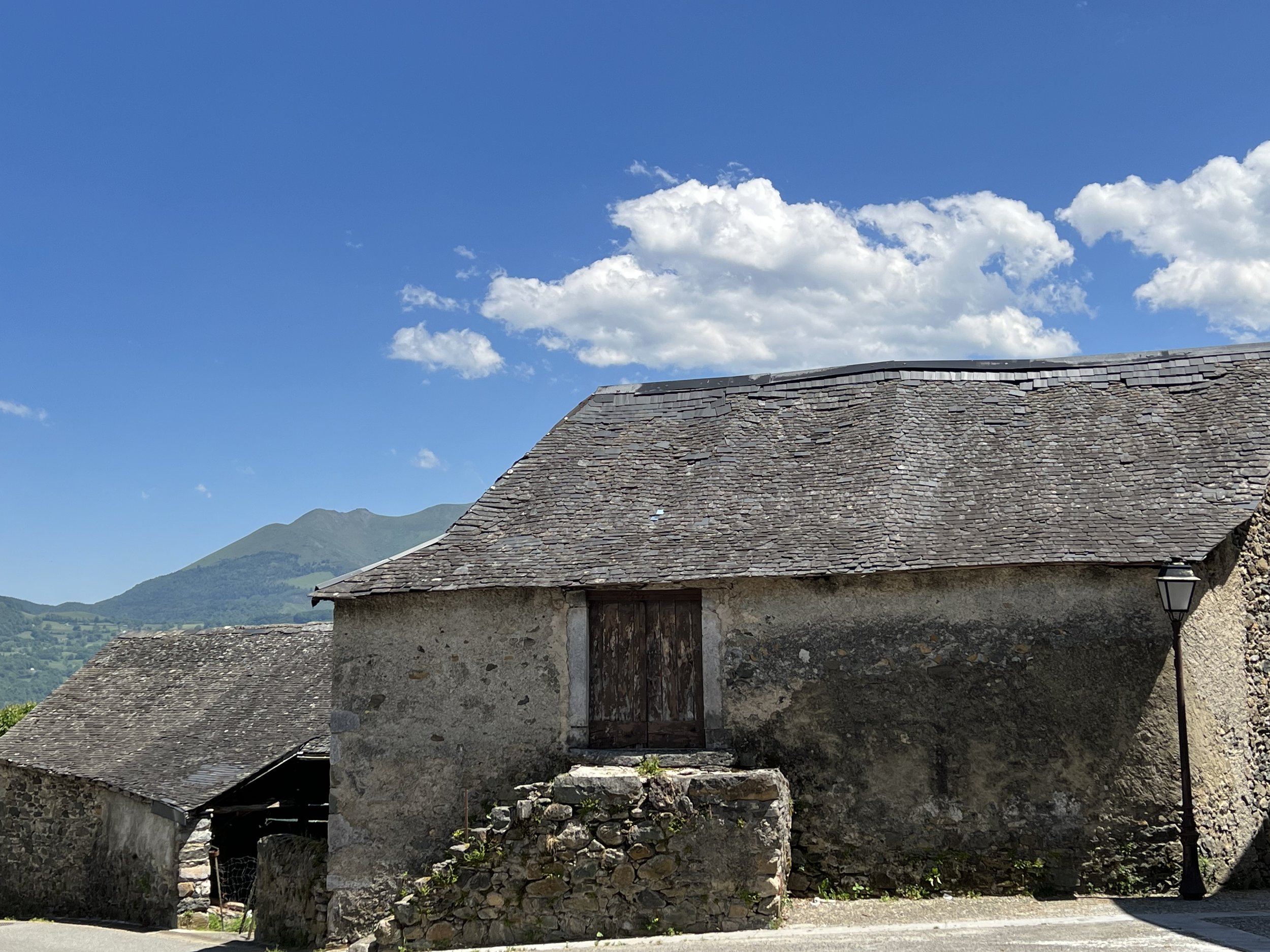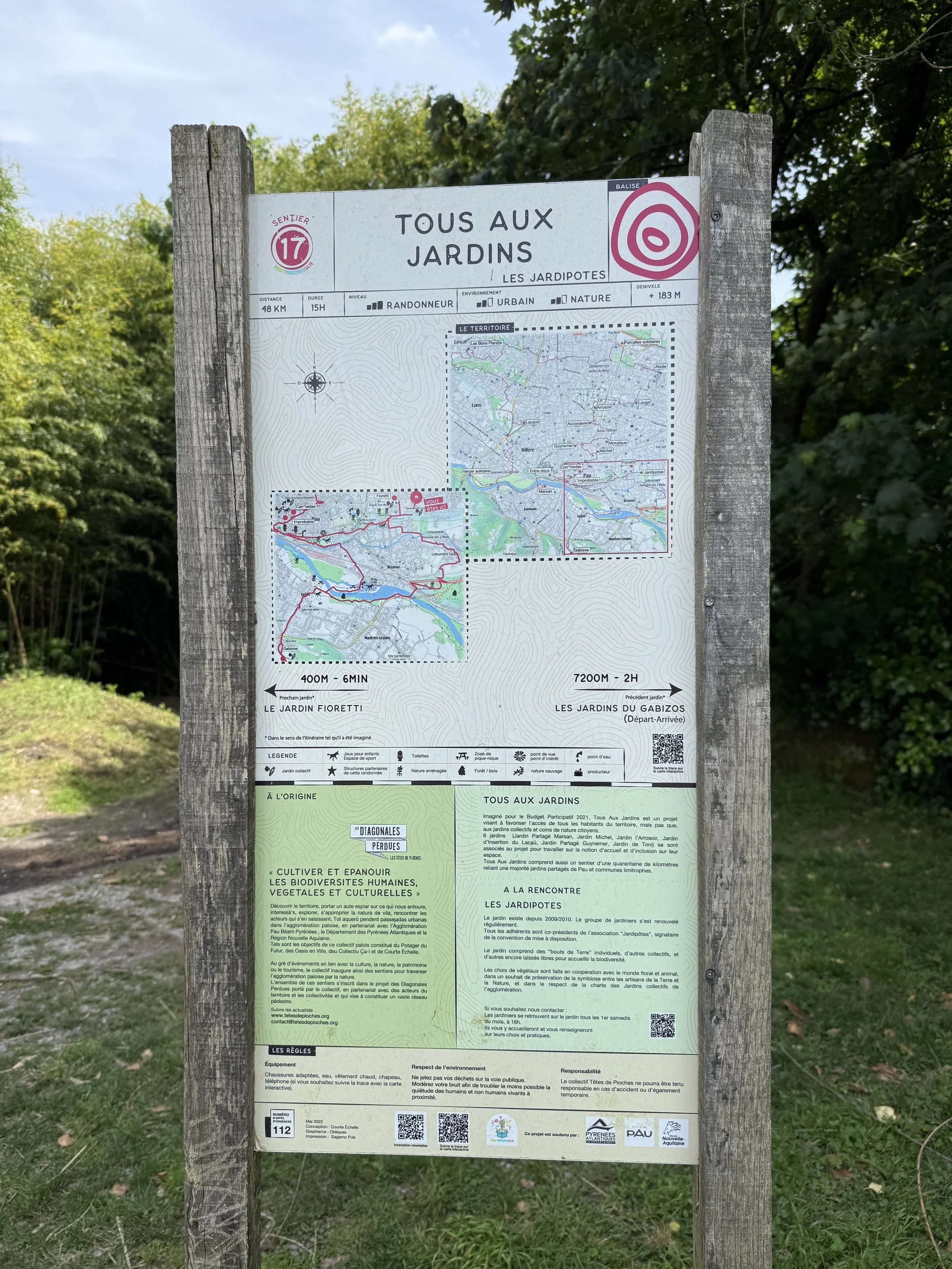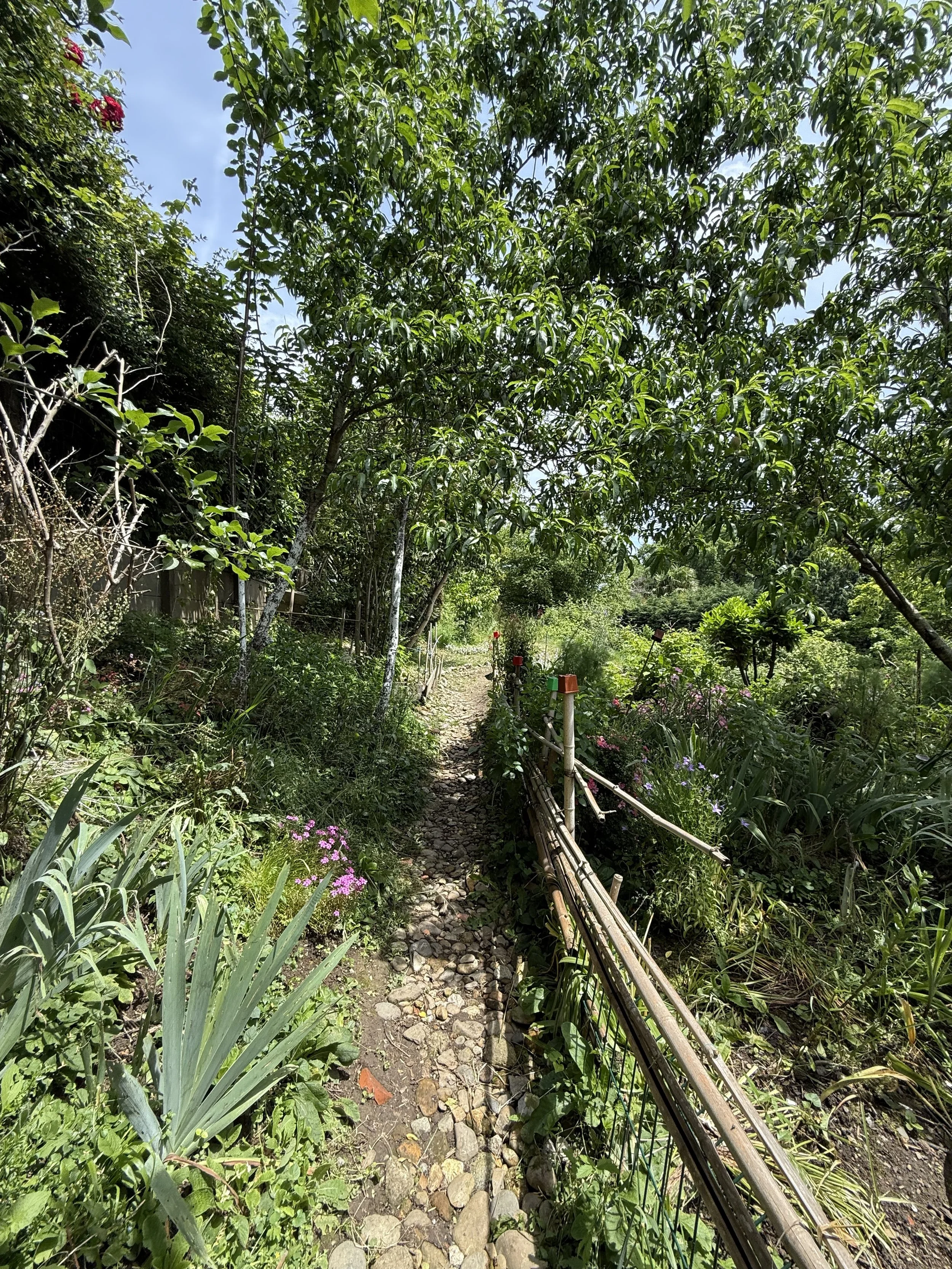A Long Wandering
My Love of Sojourns…
Since I was a young child, my love of sojourns w has been well documented in photos, mementos, and personal lore. My inherent sense of direction (or lack thereof) is also well substantiated. The paradoxical combination of my love for travel and a flawed internal compass has led to much wandering: sometimes willingly and other times not. Arriving late, or not at all where I intended, can be stressful, inconvenient, or surprisingly delightful.
Learning new routes…
According to the latest neuroscience, my undaunted commitment to exploring new places offers valuable intellectual, psychological, and creative benefits. Studies have proven that as we age, relocation or even leisure travel helps increase our brain’s neuroplasticity; the ability to reorganize itself by making new neural connections. Learning new routes in unfamiliar places is a perfect mental workout, as important as cardiovascular efforts are to the heart. It strengthens existing cerebral branches, prunes those that are unused, and encourages new growth. (1)
Like a “runner’s high,” there is also a pshycological benefit specifically associated with the wandering aspect of travel. I love the “aha” moment when a new route unexpectedly connects to a place I already know. I’m equally thrilled by stumbling upon a magical spot simply because I took a wrong turn or succumbed to the beckoning of a path previously not taken. Living in a new city and country has offered many such moments.
Off Piste…
One of these geographical epiphanies occurred on our way to a familiar, nearby cycling and hiking destination, the Col de Marie Blanque. As we began driving up switchbacks toward the trail head, we approached a turn-off we had never taken. I nudged JB to venture off-piste for a moment just to see where it would lead. The side road gradually lost girth as it approached the village center of Bielle, so we wedged our car into a safe spot and began wandering on foot. The walk meandered among ancient buildings and revealed beautiful views of the Ossau Valley. We soon spotted informative signs marking a guided promenade around the village. Mustering our limited translation skills, we learned that much of Bielle was constructed in the Middle Ages on top of ancient Roman ruins, and that the tiny tucked away village was once the capital of the entire valley. Though they claim 400 residents, we rarely see more than a handful during our now regular visits to enjoy its bucolic scenery and peaceful medieval church, uniquely constructed with four marble columns resurrected from the roman ruins below.















The Village of Bielle
Hiding in Plain Site…
Similar enchantment can also hide in plain sight, even closer to home. One day, less than ten minutes from my doorstep, the lure to wander off course again whispered in my vagabond ear. I tentatively ventured down an often-overlooked pathway that diverged into a thick bamboo grove. Much to my delight, it quickly opened onto an enchanting conglomeration of twig structures and lush gardens, all overlooking the Pyrénées Mountains. Once again, helpful signage required translation and explained my discovery. The fairy tale setting was in fact one of six community gardens, Les Jardins Fioretti, that flourish along a 48-kilometer, 15-hour long walking route around Pau and surrounding villages.
Experiencing these serendipitous sparks of joy enrich daily life and can also reduce stress. Neuroscience indicates that risk followed by discovery makes the brain more flexible, less adverse to future risk, and even transcends to relationship building. Brain flexibility leads to emotional flexibility: empathy, understanding, and resilience. These skills are critical in dealing with others who are different in personality, perspective, or culture.
Lastly, neuroscience suggests that travel also boosts creativity. In an unfamiliar place, your brain takes in lots of new data, organizes it, and connects it to new ways of thinking. This is why creatives like Picasso, Hemmingway, and Liszt were more inspired and prolific when they spent time away from their familiar surroundings.















Les Jardins Fioretti
A New Way of Thinking…
Choosing an expat life requires the ultimate change of perspective: it forces you to live completely in a new way of thinking. Your brain is simultaneously challenged by a new location, language, culture, social networks, and emotional hurtles. The blog I posted last month provided much personal evidence in support of that theory. My experience is that the road to a contented life, expat or otherwise, entails many twists and turns, a wide range of obstacles and decisions, and doesn’t adhere to a specific timeline or well-intended goals.
When I was a college senior, I created and performed a one-woman reader’s theater piece entitled “The Long Wandering.” The title and concept were drawn from humanist Roger Ascham’s paradoxical assertion that “by experience we find out a short way by a long wandering”. (2) The poetry and prose I chose to perform celebrated a range of contrasting emotions experienced along life’s unpredictable journey: frustration, grief, revelation, humor, and joy. As I look back at that 22-year-old, I relish her naïve and fearless anticipation of the unseen territory ahead. Nearly fifty years hence, I have a much deeper understanding of Ascham’s idea that life’s journey is not about distance traveled nor a specific destination. I’ve also gained confidence that even if my expat journey, and the course of life itself, ends up only “a short way” from where it started, the riches gathered along the way will have been well worth “a long wandering.”
1. Credit for all neuroscience references to “Neuroplasticity: How Moving to a New City or Country Can Rewire Your Brain for the Better.” Vajo Lukic, TechNomad Tales, February 9, 2024.
2. Quote attributed to Roger Ascham, sixteenth century English humanist, Greek scholar and didactic writer.

